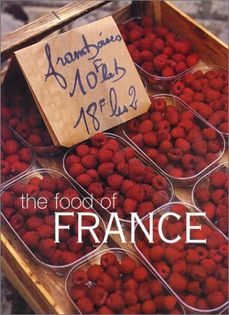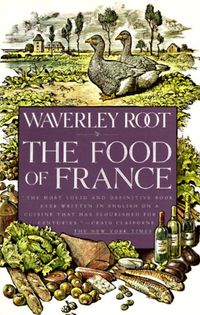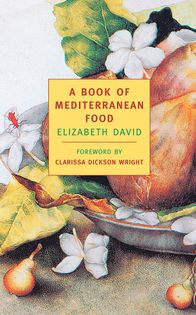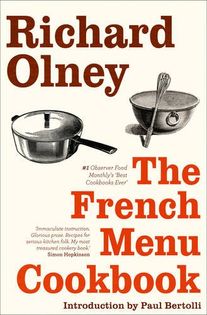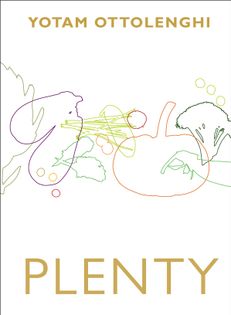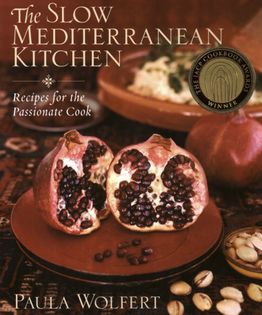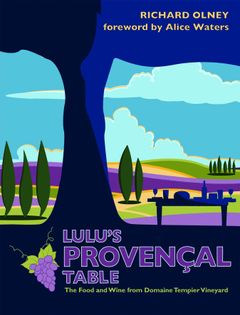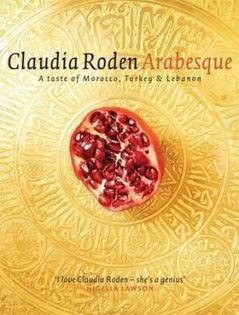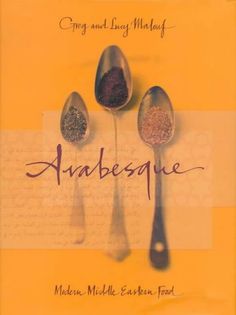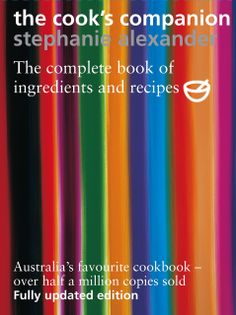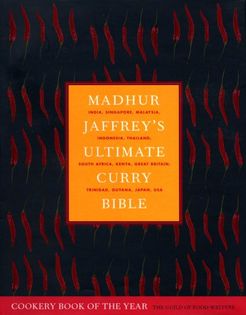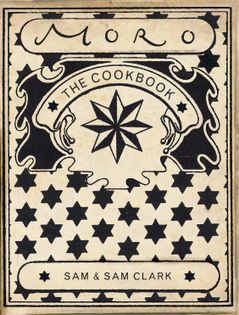
Moro: The Cookbook
If you love Spanish food there are few books so accessible, and the results are good enough to keep a restaurant going for 20 years without much in the way of proliferation (there are now a couple of Moritos, their more informal outpost, but that’s pretty recent). Sam and Sam’s Chicken with Bay, Garlic and White Wine is my favourite way to cook chicken – and I love to cook chicken – while the Chickpeas with Spinach (and cumin and saffron) is the best accompaniment I have yet found for Manzanilla sherry – and believe me, my research has been extensive.


